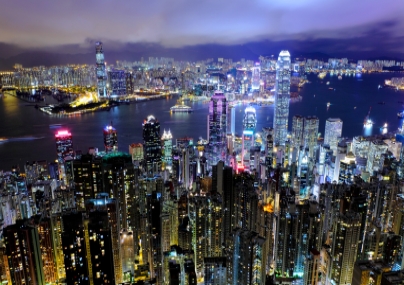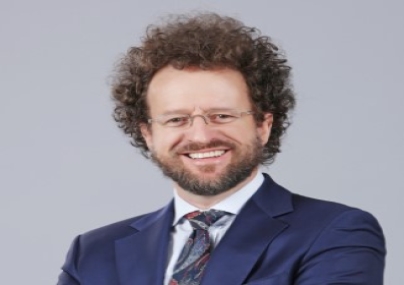Arbitration is set to get a boost in India with the rise of two centres. The Mumbai Centre for International Arbitration – the first in the country – has been ready to take cases as of June 15 and recently released its rules and schedule of fees. The government has also announced plans to establish an arbitration hub in the capital city of New Delhi. The proposed centre, expected to launch in August, will be under the auspices of India’s Supreme Court.
“Most arbitrations that take place in India today are ad hoc arbitrations,” explained Madhukeshwar Desai, MCIA’s chief executive officer. However, the Arbitration and Conciliation (Amended) Act, 2015, which took effect earlier this year, has brought forth “many welcome changes” and is aimed at making India “an attractive destination for arbitration,” he added.
According to Desai, the MCIA Rules were drafted with these concerns in mind. To ensure that the dispute resolution process is “cost-efficient and speedy”, these rules include specific provisions for “consolidation of arbitration proceedings, scrutiny of awards, and appointment of emergency arbitrator”, among others. Moreover, the MCIA Rules detail exact timelines for appointment of the tribunal, address arbitrator-related challenges (such as replacement), and outline an ad valorem fee schedule.
The legal industry recognises the growing need for institutional arbitration as well. India should “also introduce home-grown alternatives to foreign-seated arbitration centres, which have over the years captured a substantial portion of India-related international arbitration disputes,” said H S Chandhoke, a senior partner at Luthra & Luthra. In addition, he pointed out that the introduction of the Commercial Courts Act, 2015, has also helped “to expedite and streamline the different stages of the Indian arbitration process.”
The MCIA and proposed New Delhi centre could also fill up critical gaps in the market that are “severely lacking in the ad hoc set up”, such as time efficiency, cost-effectiveness and training in international best practices, said Chandhoke.
More importantly, however, “these centres can go a long way in ensuring the same and building trust and confidence of the international legal community in the Indian arbitration mechanism” and can significantly contribute “in transforming how Indian practitioners approach arbitration,” stressed Chandhoke.
A not-for-profit organisation, the MCIA has a two-tier structure consisting of The MCIA Council and Secretariat. The council is composed of 17 leading domestic and international arbitration practitioners while the Secretariat comprises Desai as CEO and a registrar. At present, it is preparing to unveil its sophisticated hearing facilities – another first for India – by October 2016.
Despite all this potential, Chandhoke points out how the success of international arbitration in India “will largely depend on how receptive Indian legal practitioners are to such efforts and whether the requisite infrastructure to help these institutions succeed is put in place.”


